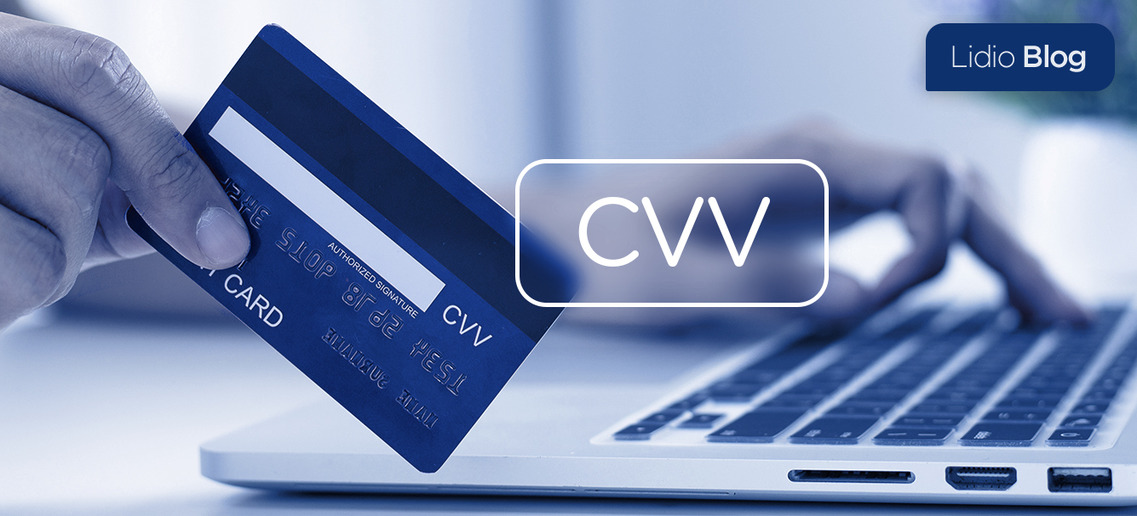
CVV Kodu Nedir?
CVV Kodu Nedir? Neden önemlidir? Öğrenmek için blog yazımızı zirayet edin!...
ERP nedir, POS ve hesap hareket takibi nasıl yapılır öğrenmek için blog yazımıza göz atın!
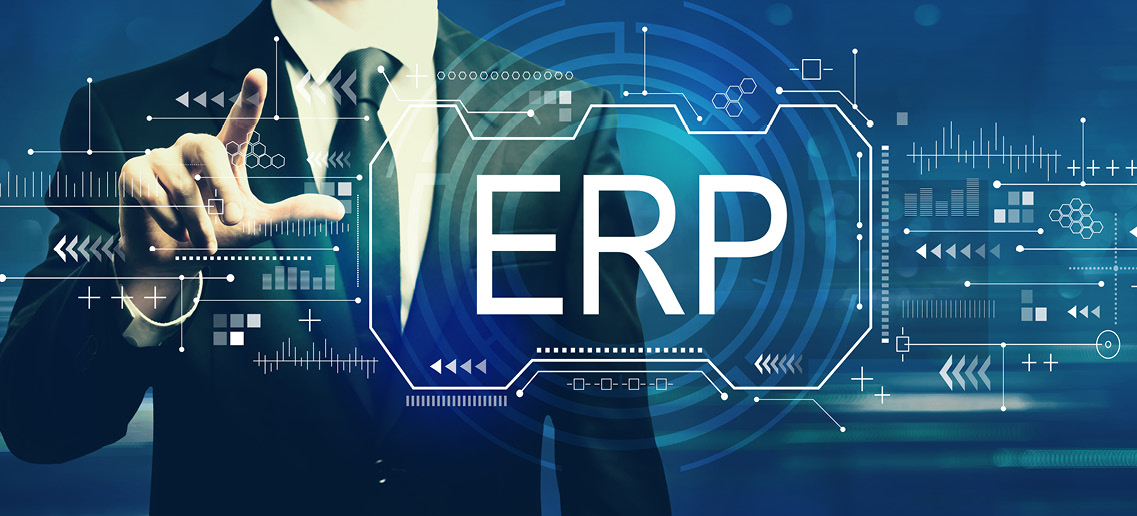
Ticari hayatta kullanılan en yaygın tahsilat araçlarından biri POS cihazıdır. Nakit ödemeyi tercih etmeyen müşteriler, POS üzerinden kredi kartı veya banka kartı kullanarak mal ya da hizmet satıcısı olan işletmelere ödeme yaparlar. Bu sebeple işletmeler de genellikle birden fazla bankada hesap açar ve farklı bankalardaki bu hesapların kontrol edilmesi ve yönetilmesi gerekir. POS ve hesap hareketlerinin izlenmesi işletmenin finansal durumunun ve alacaklarının takip edilebilmesi için önemlidir. Bu aşamada izlemenin tek platform üzerinden yapılması hem zaman tasarrufu sağlar hem de iş gücünün verimli kullanılmasına destek olur. POS ve hesap hareketlerinin tek panel üzerinden takibi için ise ERP yazılımları kullanılır.
Hangi sektörde çalışırsanız çalışın, hedeflerinize ne kadar yaklaştığınızı her an takip etmeniz ileriye dönük adımlar atmanız açısından önemlidir. Sadece satış ya da üretim faaliyetleri baz alınarak yapılamayan bu işlemlerin, işletmenin finans ve muhasebe faaliyetlerini de kapsaması gerekir. Finans; faaliyetlerinizi devam ettirmek ve sektördeki rekabet gücünüzü arttırmak için işletmenizin gerek duyduğu kaynakları belirlemenize, bu kaynakları elde etmenize ve yönetmenize yardımcı olan işlemlerin bütünü olarak tanımlanabilir. Muhasebe ise işletmenin para ile ölçülebilen tüm değerlerini kaydetme ve raporlama işlemi olarak ifade edilir. Muhasebe sistemi sayesinde farklı kanallardan yapılan tüm tahsilat işlemleriniz, daha sonra kontrol edilmeye uygun bir şekilde kaydedilir. Ancak tahsilatların muhasebe sistemine kaydedilmesi operasyonel bir yükü de beraberinde getirir. Günümüz dünyasında işletmelerin müşterilerinden ödeme aldığı kanallar birden fazla olduğu için işletmeler çok sayıda bankada hesap açmak durumundadır. Bu da birçok farklı kaynaktan gelen verinin muhasebe sistemine işlenmesi anlamına gelir. Bu noktada ERP yazılımları işletmelerin en büyük destekçilerinden biri olarak kabul edilir.
ERP kurumsal kaynak planlamasını ifade eder. Temel olarak bir işletmenin makine, iş gücü, malzeme gibi tüm kaynaklarını birleştirip bu kaynakları verimli olarak kullanmaya yarayan yönetim sistemlerine verilen addır. Çeşitli bilgisayar yazılımlarını kullanan ERP, işletmedeki tüm verilerin bir araya getirilmesini sağlar. Bu yazılımlar gelen ödemelerin kaydı, maaş bordrosu akışı gibi muhasebe işlevlerini de bünyesinde barındırır. Bu da ERP’nin farklı bankalarda bulunan hesaplar üzerinden gelen ödemelerin muhasebe sistemine işlenmesini sağlaması anlamına gelir. Finans ve muhasebe açısından ERP’nin işletmeler için avantajları şu şekilde sıralanabilir:
İster küçük işletme, ister çok yönlü faaliyet gösteren büyük bir işletme olun, gelen ödemeleri en hızlı şekilde alabilmek için hemen hemen her bankada hesap açmanız gerekir. Tüm bu banka hesaplarına yapılan ödemelerin ise tek tek kontrolü çok zaman alır. Bunun için zaman harcamak ve iş gücünün bir kısmını hesapların kontrolüne yöneltmek aynı zamanda verimlilik kaybına neden olur. Bu sebeple hesapların entegrasyonu önemlidir. Entegrasyon, tüm bankalarda olan banka hesaplarınızı tek bir ortak platform üzerinden görmenize olanak tanır. Bu şekilde işlem adedi ne olursa olsun, POS ve hesap hareketlerine ilişkin işlem takibi kolaylaşır. Tek panel sayesinde banka hesaplarınıza gelen ödemeler, işletmenizin ERP sistemine otomatik olarak işlenir. Tahsilatların otomatik olarak ERP’ye işlenmesi ise bunun manuel olarak yapılması halinde işletmenin uğrayacağı verimlilik kaybını ortadan kaldırır ve operasyonel yükü azaltır. Tek platform gerçek zamanlı olarak nakit hareketlerinizi takip etmenizde kolaylık sağlar. POS ve hesap hareketlerinin tek bir platformda izlenmesi aynı zamanda ödemenin kimden geldiğini görmenize de olanak tanır. Bu da gelen ödeme ile ilgili fatura ya da cari eşleştirilmesinin zaman kaybı yaşamadan otomatik olarak yapılması anlamına gelir. Siz de farklı bankalardaki hesaplarınızı ve tüm ödeme servislerini tek platformdan yönetmek ve tam entegre altyapı sayesinde farklı POS’lar arasında hızlıca geçiş yapma özgürlüğüne sahip olmak istiyorsanız Lidio’nun sunduğu teknolojik çözümleri inceleyebilirsiniz.

CVV Kodu Nedir? Neden önemlidir? Öğrenmek için blog yazımızı zirayet edin!...

Provizyon Nedir? Provizyon Ne İçin Kullanılır? Öğrenmek için blog yazımızı ziyaret edin!...
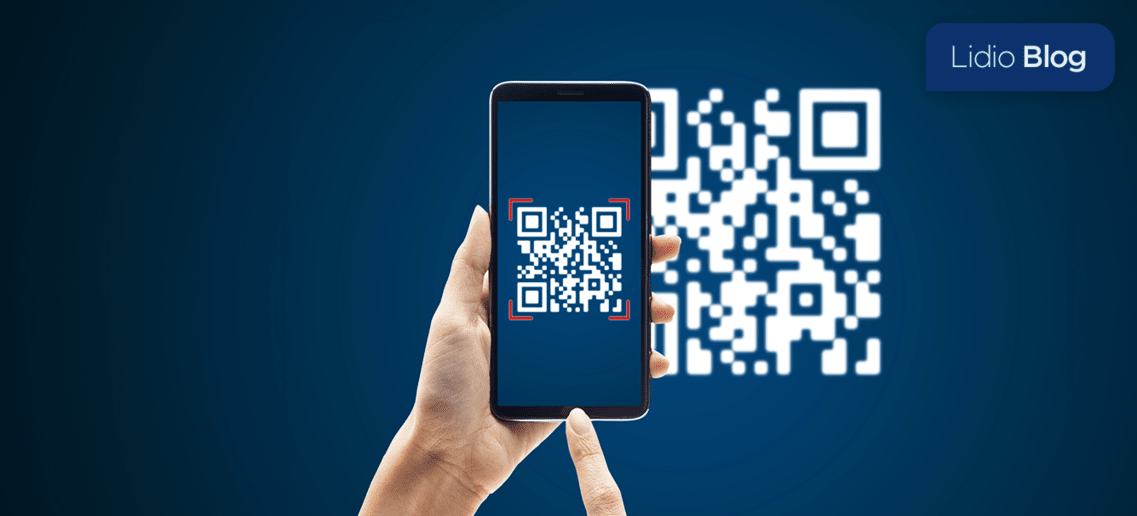
QR Kod Nedir? QR Kod Ne İçin Kullanılır? Öğrenmek için blog yazımızı zirayet edin!...

Linkle ödeme nedir, linkle ödeme sistemi nasıl çalışır, avantajları nelerdir, ve linkle ödeme nasıl alınır merak ediyorsanız detaylı bilgi için blog yazımızı okuyun!...

Ödeme sistemleri, online mağazalarınızda müşterilerinizden ödeme almak için kullanılan finansal teknolojilerin tümüne verilen addır. Detaylı bilgi için web sitemizi ziyaret edin!...
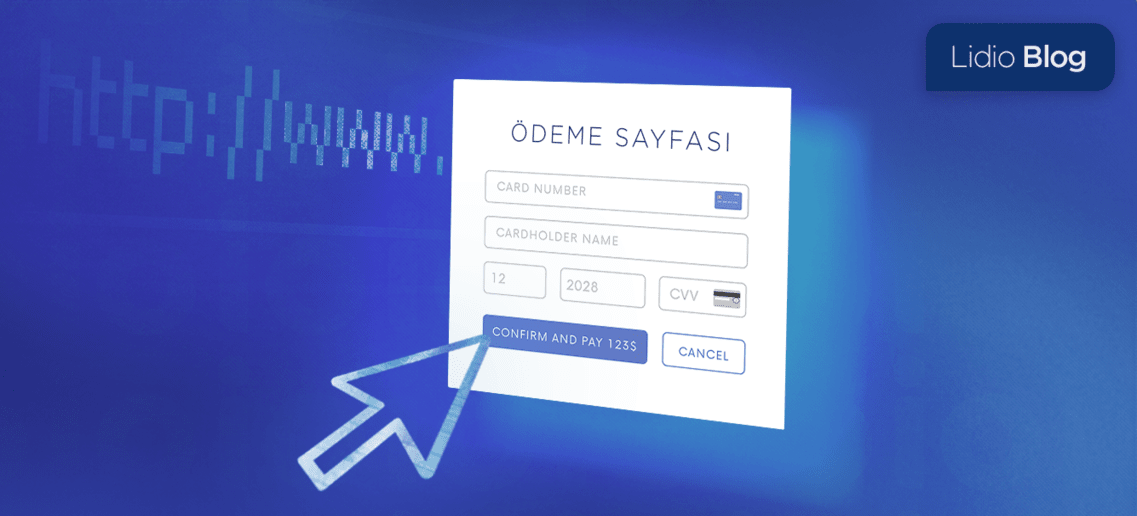
Ödeme sayfası nedir, sayfa güvenliği nasıl anlaşılır, ödeme sürecinin güvenli olduğundan emin olma yolları nelerdir hakkında detaylı bilgi için blog yazımızı okuyun. ...

Startup Nedir? Startup nasıl kurulur öğrenmek için blog yazımızı zirayet edin!...
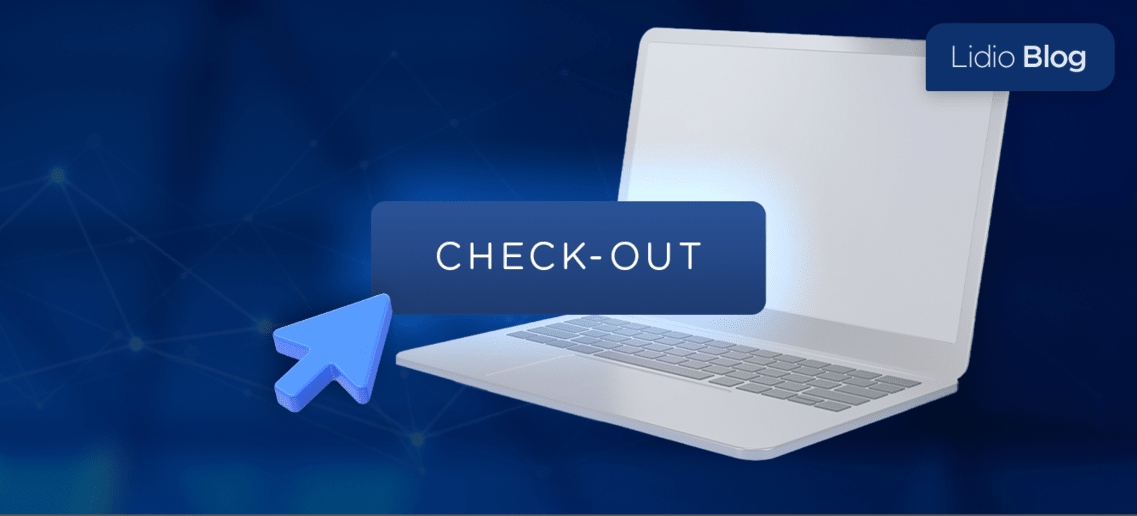
Check Out Nedir? Neden önemlidir öğrenmek için blog yazımızı zirayet edin!...
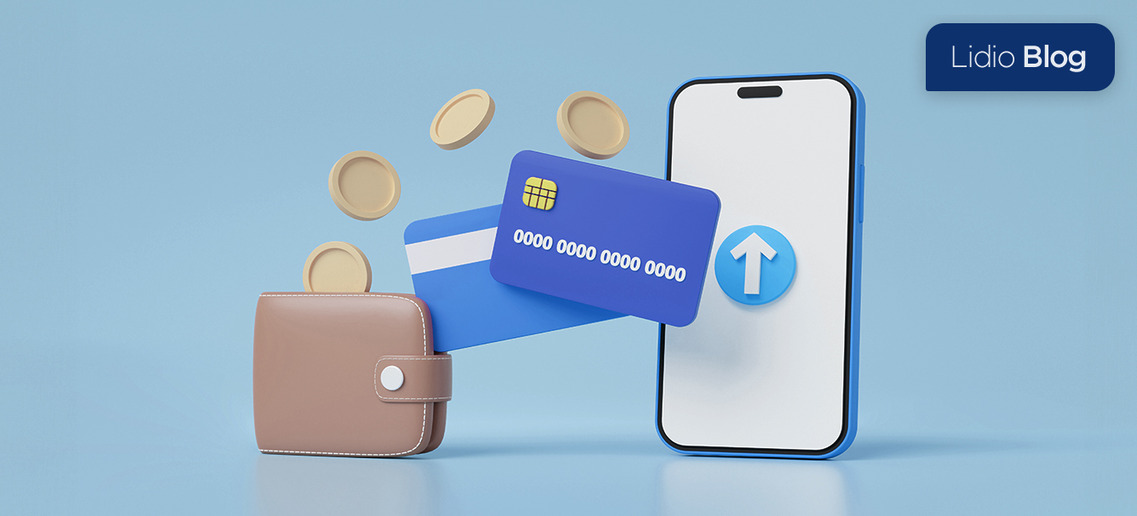
Dijital Cüzdan Nedir? ? Neden önemlidir öğrenmek için blog yazımızı zirayet edin!...
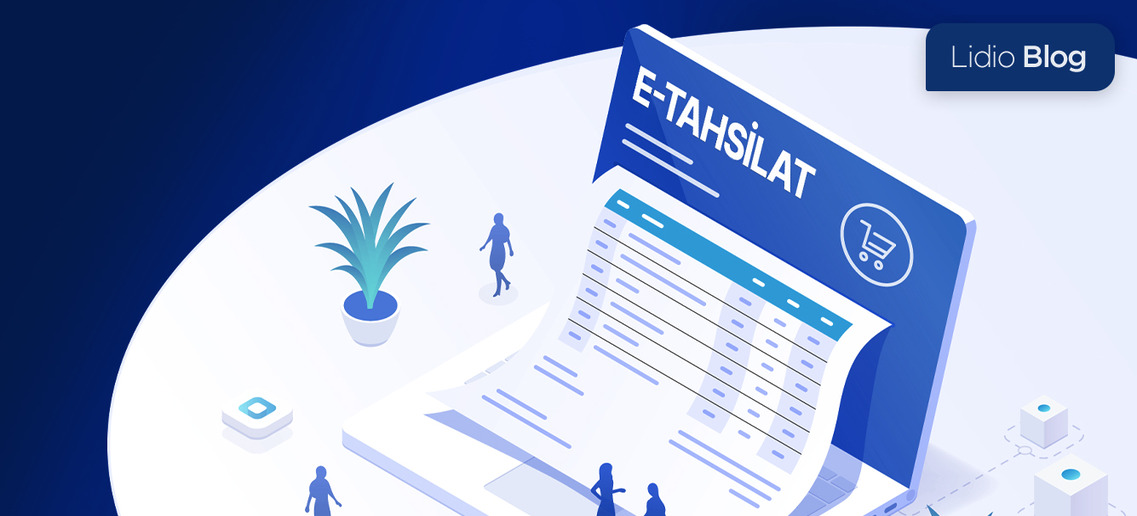
E-Tahsilat Nedir? E-Tahsilat Ne İçin Kullanılır? Öğrenmek için blog yazımızı zirayet edin!...

İnternet alışverişinde tüketicilerin hakları nelerdir, kabul edilen sözleşmeler neyi ifade eder detayları ile öğrenmek için blog yazımıza göz atın!...

Sanal POS hakkında tüm bilmeniz gerekenler: Öğrenmek için blog yazımıza göz atın!...

Sepeti terk etme oranları işletmeler için neden önemlidir, nasıl minimize edilir öğrenmek için blog yazımıza göz atın!...

Geleneksel ödemelerden açık bankacılığa finansal serbestleşme nedir ve neden önemlidir öğrenmek için blog yazımıza göz atın!...

Uluslararası ödemeler nasıl gerçekleştirilir, hangi yöntemler kullanılır öğrenmek için blog yazımıza göz atın!...

Ödeme alma sürecinde tahsilatları tek ekrandan yönetmek işletmelere ne gibi avantajlar sağlar öğrenmek için blog yazımıza göz atın!...

ERP nedir, POS ve hesap hareket takibi nasıl yapılır öğrenmek için blog yazımıza göz atın!...

Issuer, Acquirer ve PSP kavramları nelerdir, PSP seçimi neden önemlidir öğrenmek için blog yazımıza göz atın!...

İnternetten yapılan alışverişlerde dolandırıcılığa karşı kullanılan güvenlik önlemleri nelerdir öğrenmek için blog yazımıza göz atın!...
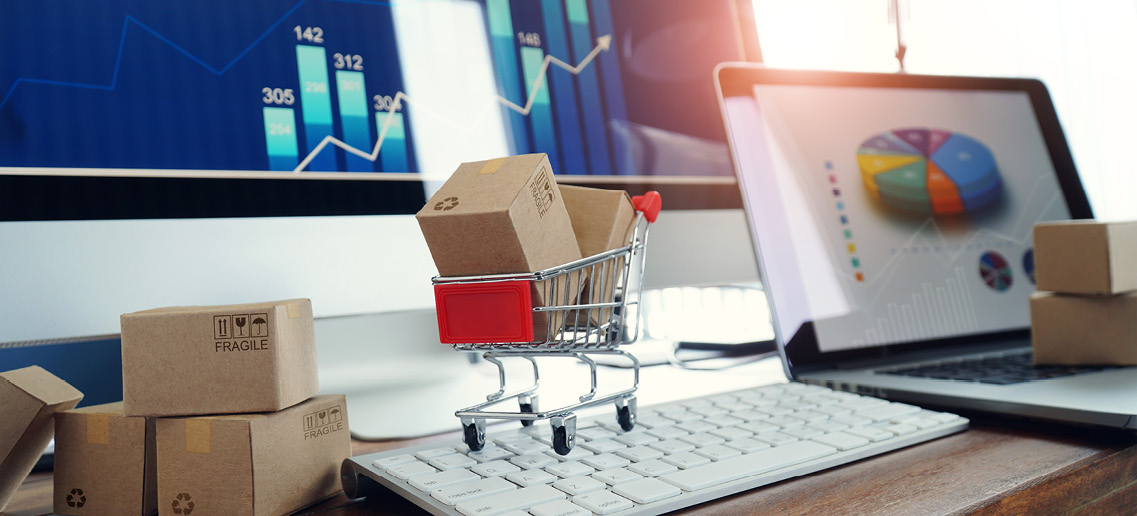
E-ticarette online satış yapmanın püf noktaları nelerdir, tüketici deneyimi nasıl iyileştirilir öğrenmek için blog yazımıza göz atın!...
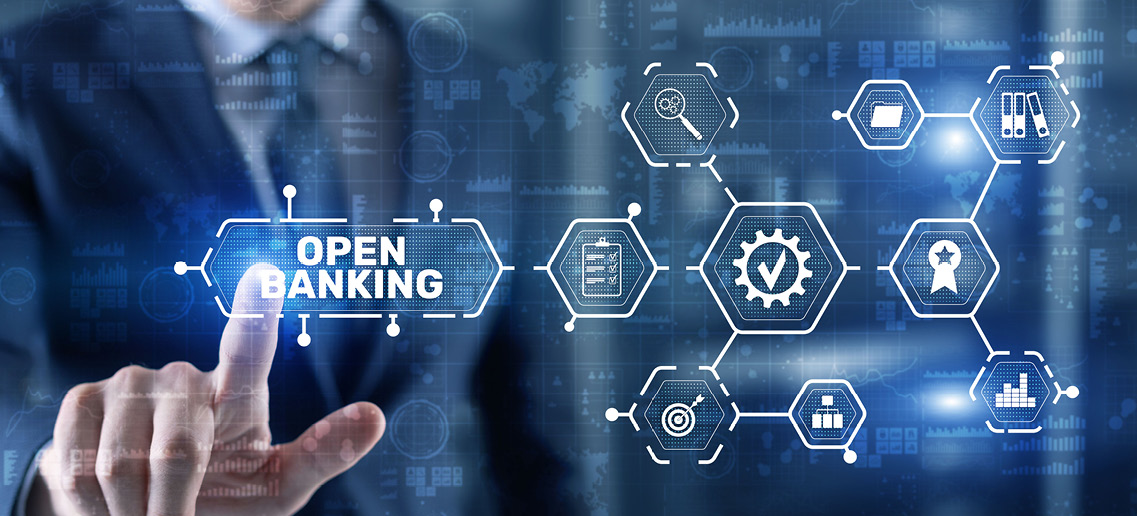
Açık bankacılık nedir, işletmelere nasıl avantajlar sağlar öğrenmek için blog yazımıza göz atın!...

Güvenli online alışverişin şifresi: 3D Secure Ödeme nedir, ne işe yarar öğrenmek için blog yazımıza göz atın!...

Kredi kartı, kapıda ödeme, havale/kredi, mobil ödeme gibi alternatif ödeme yöntemleri nelerdir, nasıl kullanılır öğrenmek için blog yazımıza göz atın!...